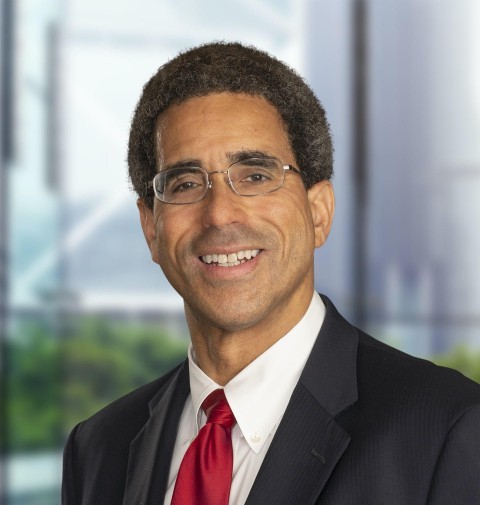State Bar launches survey of client bank accounts

By LYLE MORAN, The Daily Transcript Tuesday, June 9, 2015
The State Bar of California has launched a survey of its members to make sure they are properly handling bank accounts that hold client funds.
The organization said it hopes the anonymous and voluntary survey will bolster lawyers’ knowledge of their ethical obligations when it comes to “client trust accounts.”
Violations of client trust accounting rules have long been one of the top concerns of the State Bar’s Office of Chief Trial Counsel, its prosecution unit.
Attorneys who maintain accounts with client funds must keep track of how much money belongs to each client and cannot mix their own funds (except for bank charges) or their firm’s funds into the account, among other requirements.
Bar leaders say they believe the online survey, which includes links to educational materials and was approved by the organization’s board of trustees, could help reduce complaints against lawyers for accounting mistakes.
“By making sure attorneys are up on trust accounting rules, we can prevent harm to consumers as well as help attorneys avoid contact with the discipline system,” State Bar President Craig Holden said in a prepared statement.
The survey will remain active through July 31 and can be accessed through a link on the State Bar’s home page.
The organization’s staff will analyze the results when deciding on further educational and regulatory efforts related to client trust accounts.
A Web page with client trust accounting resources has also been launched.
The State Bar’s decision to launch the survey has drawn praise from local bar officials and legal ethics experts.
Richard Huver, president of the San Diego County Bar Association, said the survey should not only help protect the public, but also help the California Bar decide whether more training about client trust accounts is needed.
“Given the growing number of solo and small firm practitioners who don’t have the experience of big firms managing client trust accounts, it will help the State Bar see what the state of knowledge in this area is for those licensed to practice in California and whether they need to redouble their educational efforts or not,” said Huver, founder of Huver Law Firm.
David Carr, an ethics lawyer in San Diego, said the State Bar wisely decided on a more economical path than a state like New Jersey, which has auditors review whether attorneys are in compliance with client trust account regulations.
“The Bar has at least in the short term decided education is perhaps a more cost-effective approach than roving teams of auditors auditing attorneys' client trust accounts,” said Carr, who does attorney discipline defense work.
“I think that is a good approach to address this problem and nip it in the bud rather than taking on the expenses involved with debuting a program that may not be a success.”
Carr also said he expects the survey to provide “a sense of the depth of ignorance in the legal community of client trust account rules and obligations.”
Dan Eaton, a shareholder at Seltzer Caplan McMahon Vitek, said the Bar’s focus on the handling of client trust funds is wise because it is an issue pertinent to all attorneys in private practice, regardless of their practice area.
The accounts are often used to store attorney’s fees that have not yet been earned, or to deposit legal settlement payments that will be divided between the client and attorney.
Eaton, former chair of the San Diego County Bar's legal ethics committee, said he supports the survey approach to address client trust accounting problems because preventive medicine is more effective than punitive measures when it comes to ethics.
“Because it is a problem that may be solved in part by greater understanding of an attorney’s responsibilities in this area, what the State Bar is doing can only result in good things from an ethics standpoint,” said Eaton, a member of the State Bar’s rules revision commission.
Complaints of trust account violations are provided to the State Bar’s Office of Chief Trial Counsel by many sources, such as clients and financial institutions, which must report any bounced checks against an attorney’s client trust account.
In 2014, banks submitted 2,228 reports, according to the State Bar’s annual discipline report.
Carr said many trust account problems stem from attorneys having people manage the accounts who are not knowledgeable about the accounting and bookkeeping rules.
He recommends that lawyers remain actively involved in supervising client trust accounts because they cannot delegate their personal fiduciary responsibility for handling the funds.
“The attorney has to have their fingerprints on the process,” Carr said.
